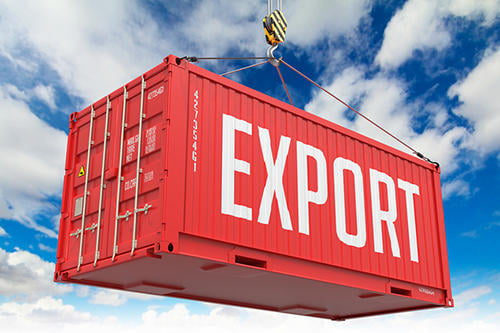While the ASEAN region has made significant strides in general trade facilitation efforts, it still lacks in implementing specific measures related to “trade facilitation for SMEs,” according to a new report.
This is one of the major findings of the study titled “Digital and Sustainable Trade Facilitation in the Association of Southeast Asian Nations (ASEAN) 2023,” published by the Economic and Social Commission for Asia and the Pacific (ESCAP) and the ASEAN Secretariat.
The report unveiled the findings of a United Nations survey on the progress made in trade facilitation across the 10 ASEAN countries. It offered a comprehensive analysis of 60 trade facilitation measures, categorized into four groups (“general trade facilitation,” “digital trade facilitation,” “sustainable trade facilitation,” and “other trade facilitation”), 11 subgroups, and measures related to digital and sustainable trade.
Among the key findings of the paper is the need for substantial progress in implementing trade facilitation measures related to “trade facilitation for SMEs.”
The report brought to light that the implementation rate for trade facilitation measures for SMES in ASEAN countries was “relatively low, hovering at around 49%.”
The report assessed trade facilitation measures for SMEs under five categories. Notably, all ASEAN countries have either fully or partially implemented “trade-related information measures for SMEs” with a high implementation rate of 87%.
For the measures “other special measures for SMEs,” “SMEs access Single Window” and “SMEs in AEO scheme,” the implementation rates stood at low rates of 43%, 40% and 37%, respectively, said the report.
The fifth measure, “SMEs in National Trade Facilitation Committee,” was the least implemented, still not acted upon in 40% of ASEAN countries.
The report underscored the importance of trade facilitation for SMEs as e-commerce continues to expand.
“The upward trend in the use of e-commerce in the global economy could present opportunities for SMEs to connect to global supply chains, but measures specific to SMEs as well as to supporting e-commerce would need to be further enhanced,” the paper said.
It said adequate support can be provided to SMEs through the right government policies and targeted programs, such as the 2019 E-commerce Roadmap and the 2020 Go Digital Vision of the Indonesian government, which aim to promote e-commerce and digital trade literacy for SMEs and increase their competitiveness in the digital economy.
“Regional SMEs can also participate in the ASEAN Mentorship for Entrepreneurs Network (AMEN) to build up their digital skills and networks,” the report stated.
“SMEs hold significant importance in the global economy and digital trade, yet the availability of trade facilitation measures tailored to their needs is inadequate. Therefore, it is crucial to enhance the capacity of SMEs and incorporate them into trade facilitation policies to achieve sustainable trade facilitation,” it concluded.







